Ever wonder why a cup of tea can make you feel instantly more relaxed, or why the lights in a quiet bedroom seem to whisper “time to sleep”? The secret helper behind those moments is the GABA system – the brain’s natural brake pedal. In the next few minutes, I’ll walk you through what this system does, why it matters for anxiety, depression, and even post‑birth mood changes, and how you can keep it humming along without feeling like you’re reading a textbook.
Grab a cozy seat, and let’s explore the calm‑inducing world of GABA together.
How GABA Works
Think of your brain as a bustling city at rush hour. Neurons fire signals like cars zooming down streets. Without traffic lights, everything would be chaos. Gamma‑aminobutyric acid (GABA) is that essential traffic light, telling neurons to slow down or stop.
What Is the GABA System?
The GABA system consists of three main players: the neurotransmitter itself (GABA), the receptors it binds to (GABAA and GABAB), and the enzymes that make and recycle it. When GABA latches onto its receptors, it opens chloride channels that let negative ions flow into the neuron, making the cell less likely to fire an electric impulse. In plain English: GABA tells the brain “take a breath, relax.”
Where Does GABA Come From?
Inside brain cells, an enzyme called glutamic acid decarboxylase (GAD) transforms the excitatory neurotransmitter glutamate into GABA. Vitamin B6 (pyridoxal‑5‑phosphate) is a crucial co‑factor, so a B‑vitamin‑rich diet can support natural GABA production.
How Much Inhibition Is GABA Responsible For?
Research shows that roughly 40 % of all inhibitory synapses in the adult vertebrate brain rely on GABA. That’s a huge slice of the calm‑making pie, which is why shifts in GABA activity ripple through mood, sleep, and even muscle tone.
Core Functions
Now that we know the mechanics, let’s see what the GABA system does for you day‑to‑day.
Stress & Anxiety
When you’re stressed, your brain’s “gas pedal” (glutamate) revs up. GABA steps on the brake, dampening the surge. Studies such as a study on anxiety disorders show that enhancing GABA activity can significantly lower panic‑inducing thoughts. In practice, that’s why a calming cup of herbal tea or a few minutes of deep breathing can feel like an instant mood‑reset.
Sleep
Ever notice how a gentle lullaby seems to coax you into dreamland? That’s GABA at work. By quieting neuronal chatter, GABA promotes the transition from wakefulness to the deeper stages of sleep. Pharmacologic agents that boost GABA (like certain benzodiazepines) were among the first sleep aids because they reliably deepen non‑REM sleep. Even without pills, lifestyle habits that increase GABA can improve sleep quality—think “wind‑down” routines, dim lighting, and magnesium‑rich snacks before bed.
Mood & Depression
The “GABA‑deficit hypothesis” of major depressive disorder suggests that many people with depression have lower baseline GABA activity. When the brain’s brake is weak, negative thoughts can race unchecked. While antidepressants primarily target serotonin, many also indirectly increase GABA tone, which may explain part of their mood‑lifting effect. For a deeper dive, see our guide on antidepressants for depression.
Post‑Birth Mood Shifts
After giving birth, hormone fluctuations can blunt GABA receptor sensitivity, contributing to postpartum mood swings and, in some cases, postpartum depression. This connection is why newer postnatal depression treatment options sometimes focus on restoring GABA balance, either through neurosteroid medication or supportive lifestyle tweaks.
Muscle Relaxation & Cognition
Beyond the mind, GABA calms muscle tone, helping you unwind after a strenuous workout. It also fine‑tunes attention and memory by regulating the timing of neuronal firing. When GABA is out of sync, you might feel “scatter‑brained” or notice a dip in short‑term recall—common complaints among people with chronic stress.
When It Falters
No system is perfect. When the GABA system gets out of whack, the consequences can be uncomfortable.
Conditions Linked to Low GABA
- Anxiety disorders and panic attacks
- Epilepsy and seizure disorders
- Major depressive disorder
- Attention‑deficit/hyperactivity disorder (ADHD)
- Post‑partum and post‑natal depression
- Schizophrenia and certain psychotic conditions
Imagine trying to drive a car with a sticky brake pedal—every hill feels steeper, and stopping becomes a gamble. That’s what a deficient GABA system feels like for the brain.
Drug Interactions That Hurt GABA
Caffeine, for example, can inhibit GABA release, which is why you might feel jittery after a strong espresso. Chronic alcohol use also messes with GABA receptors, leading to tolerance and withdrawal problems. Even some over‑the‑counter medications can bind near GABA sites and dampen its calming influence.
Supplements – Do They Work?
GABA supplements are popular, but the molecule’s ability to cross the blood‑brain barrier is limited. Some studies (e.g., research by Yoto et al.) suggest modest mood benefits when the supplement is fermented or liposomal, but the evidence isn’t rock‑solid. If you’re considering a supplement, talk with a healthcare provider first, especially if you’re on prescription meds.
Therapeutic Options
When lifestyle tweaks aren’t enough, medical interventions can give the GABA system a well‑tuned boost.
Prescription GABA‑Active Drugs
- Benzodiazepines – fast‑acting, enhance GABAA activity, but risk dependence.
- Barbiturates – older class, now rarely first‑line.
- Vigabatrin – inhibits GABA‑transaminase, raising brain GABA levels; used for certain epilepsies.
Neurosteroid Medications
Neurosteroids like allopregnanolone act as natural GABA modulators. The FDA‑approved drug brexanolone (a synthetic form of allopregnanolone) is a breakthrough neurosteroid drug for severe postpartum depression, directly targeting GABA receptors to restore calm.
Antidepressants & GABA
Some selective serotonin reuptake inhibitors (SSRIs) increase GABA tone indirectly, which may contribute to their mood‑lifting properties. For a broader view on how traditional antidepressants intersect with the GABA system, see our antidepressants for depression article.
Non‑Pharmacologic Boosters
- Mind‑body practices: yoga, meditation, and deep‑breathing elevate GABA levels.
- Regular aerobic exercise has been shown to up‑regulate GABA receptors.
- Dietary sources: fermented foods (kimchi, kefir), almonds, spinach, and whole grains.
- Micronutrients: magnesium and vitamin B6 are co‑factors in GABA synthesis.
Safety First
Whenever you’re adding a new supplement or medication, safety comes first. Watch for side‑effects like excessive drowsiness, slowed reaction time, or interactions with other CNS depressants. Always involve a qualified clinician, especially if you’re pregnant, nursing, or managing a chronic condition.
Lifestyle Support
Keeping the GABA system humming isn’t all about pills; everyday habits can make a big difference.
Nutrition Tips
Incorporate GABA‑friendly foods into meals: a bowl of miso soup, a handful of walnuts, or a smooth kefir shake. These foods contain either GABA directly or the precursors your brain needs to make it.
Daily “GABA‑Boost” Routine
| Step | What to Do |
|---|---|
| 1 | Start the day with a B‑vitamin‑rich breakfast (e.g., oat‑flax porridge). |
| 2 | Take a 5‑minute mindful breathing break mid‑morning. |
| 3 | Enjoy a fermented snack (kimchi or yogurt) after lunch. |
| 4 | Do a 15‑minute gentle yoga flow in the evening. |
| 5 | Dim lights, sip a warm magnesium‑rich tea, and avoid caffeine after 3 p.m. |
Exercise & Light
Aerobic activity—like brisk walking, cycling, or swimming—boosts GABA release. Aim for at least 150 minutes per week. Also, exposure to natural daylight in the morning helps set the circadian rhythm, indirectly supporting GABA‑mediated sleep regulation.
Mindful Stress Management
When stress spikes, practice the “4‑7‑8” breathing technique: inhale for 4 seconds, hold for 7, exhale for 8. This simple pattern fires the vagus nerve, which in turn nudges GABA activity upward.
Balancing Benefits & Risks
Let’s pull everything together in a quick checklist.
- Benefits: reduced anxiety, better sleep, stabilized mood, lower seizure risk, smoother muscle tone.
- Risks: possible sedation, tolerance with certain drugs, limited supplement absorption, interactions with alcohol or other CNS depressants.
- When to Seek Professional Help: persistent anxiety, depressive symptoms lasting > 2 weeks, nighttime waking more than three times per week, or any seizure activity.
- When Lifestyle Is Enough: occasional stress, mild insomnia, or feeling “wired” after caffeine.
Remember, the brain is a resilient organ. Small, consistent actions—like a nightly magnesium tea, a brief meditation, or a balanced diet—can keep your GABA system humming without needing a prescription. When the brakes truly need help, modern medicine offers safe, targeted options.
Conclusion
The GABA system is our internal peacekeeper, gently turning down the volume of neural chatter so we can think clearly, sleep soundly, and feel emotionally balanced. By understanding how it works, recognizing when it’s out of sync, and learning both gentle lifestyle strategies and evidence‑based treatments, you empower yourself to restore that calm whenever life gets noisy.
Have you tried any of the natural GABA‑boosting tips? Maybe you’ve spoken with a clinician about neurosteroid medication or explored postpartum postpartum depression remedies. Whatever your experience, know that you’re not alone on this journey. Feel free to reach out with your questions—let’s keep the conversation going and help each other stay grounded.

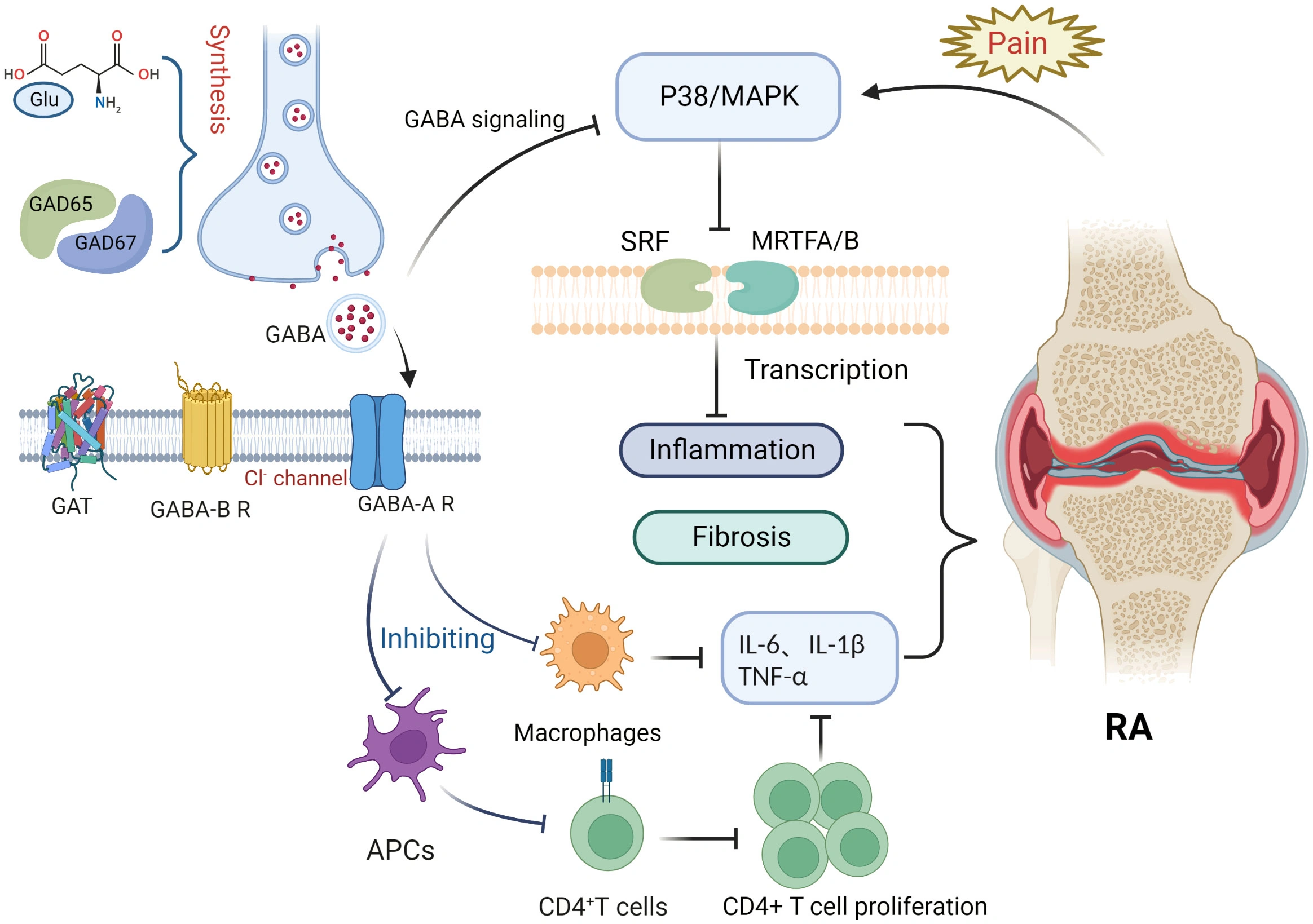

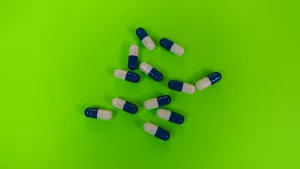





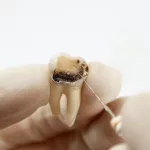



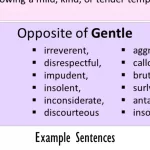



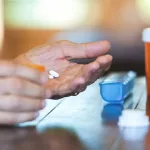




Leave a Reply
You must be logged in to post a comment.